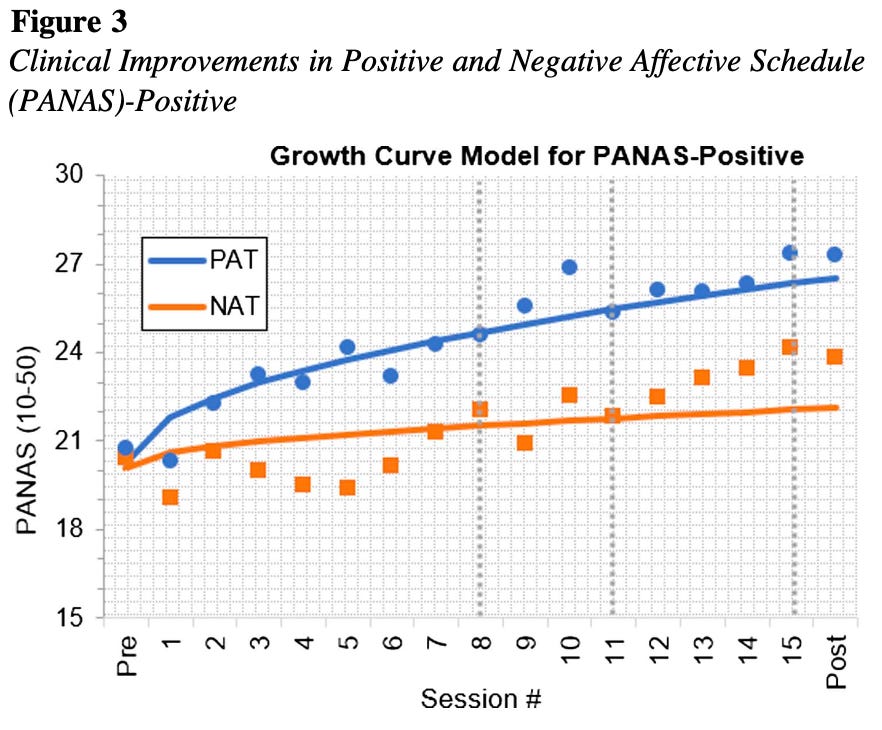A new depression treatment focuses on the positive
Plus: We can't be perfect parents all the time and ChatGPT answers health questions
Welcome to this month’s research roundup, where I summarize recent research that caught my interest in 3 minutes or less (okay, fine, maybe 4 minutes sometimes).
If you’d like full access to research roundups, and to support the work we do here at Techno Sapiens, please consider a paid subscription.
Other recent roundups have included the latest studies on: strategies to fight less with your spouse and kids, improving baby sleep, digital detoxes, and what it’s like to be a parent today.
Wait a second. You’re telling me it’s the end of June? As in, almost July? Where did the rest of June go? Did someone hide it from us? I don’t know. Seems kind of suspicious. Anyway, let’s sneak in our June research roundup before the month, supposedly, ends.
We’ve got three studies today, covering:
A promising new therapy for depression and anxiety
A parenting style that works, even in small doses
A battle of ChatGPT versus doctors in answering people’s health questions
And…go!
1. For treating depression and anxiety, try focusing on the positive
For many years, the gold-standard treatment for depression and anxiety has been Cognitive Behavioral Therapy (CBT). Traditional CBT is often focused on addressing negative feelings by changing the way we approach and think about stressful situations. But what if we focused on positive feelings instead?
This randomized controlled trial assigned 85 adults with depression or anxiety and very low mood to either: (1) a form of CBT targeting negative emotions, or (2) a new treatment called Positive Affect Treatment (PAT). PAT involves 15 weekly sessions of planning for, engaging in, and “savoring” positive activities, focusing attention on happy moments, practicing gratitude, and more (full treatment workbook here). Though symptoms improved for people in both treatment conditions, they improved more for those who got PAT. Journal of Consulting & Clinical Psych.

My take: Long-time techno sapiens will know that I’m a big fan of positive psychology (see: my thoughts on gratitude and savoring), so I might be a tad biased, but this study is promising! It’s incredibly rigorous—multisite, randomized, “blinded” assessment of changes in patient symptoms. Of course, it’s also just one study, so it’s not an indication that we should abandon trusty, old CBT. We should, however, do more research on PAT, and, if nothing else, be open to incorporating more focus on positive emotions into our therapy sessions.
2. We can’t be perfect parents all the time. That’s okay.
Keep reading with a 7-day free trial
Subscribe to Techno Sapiens to keep reading this post and get 7 days of free access to the full post archives.




